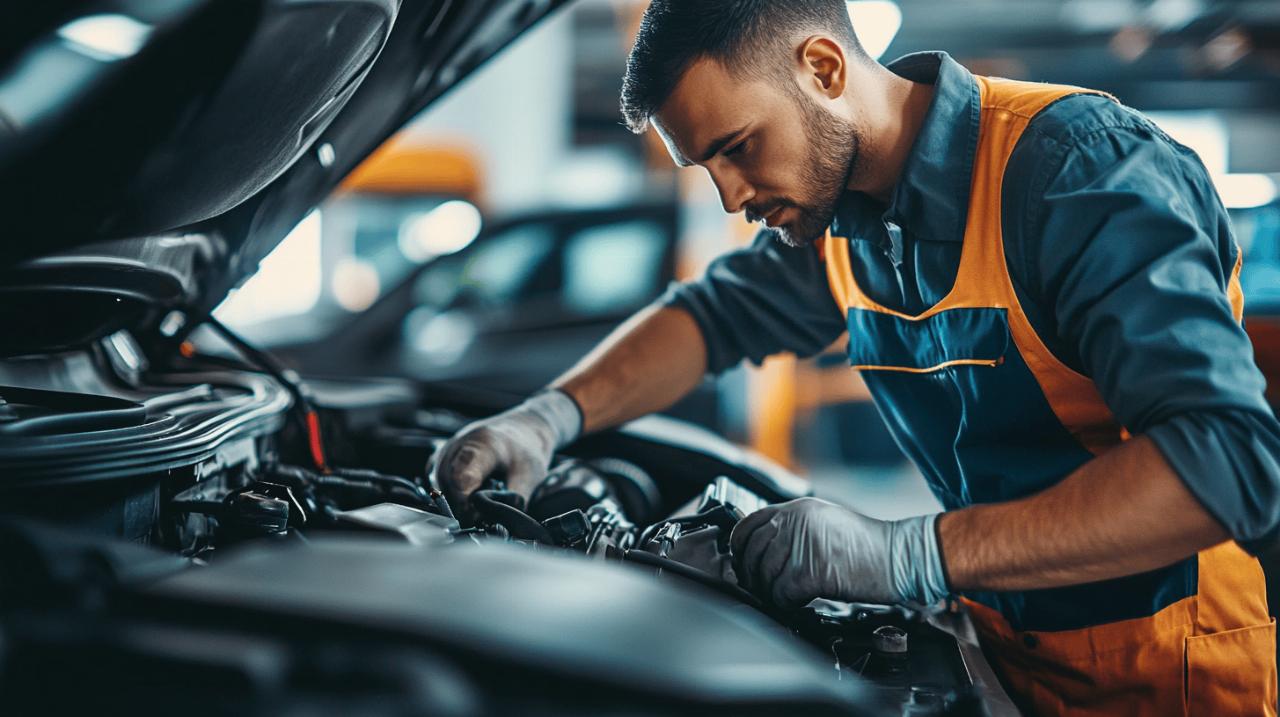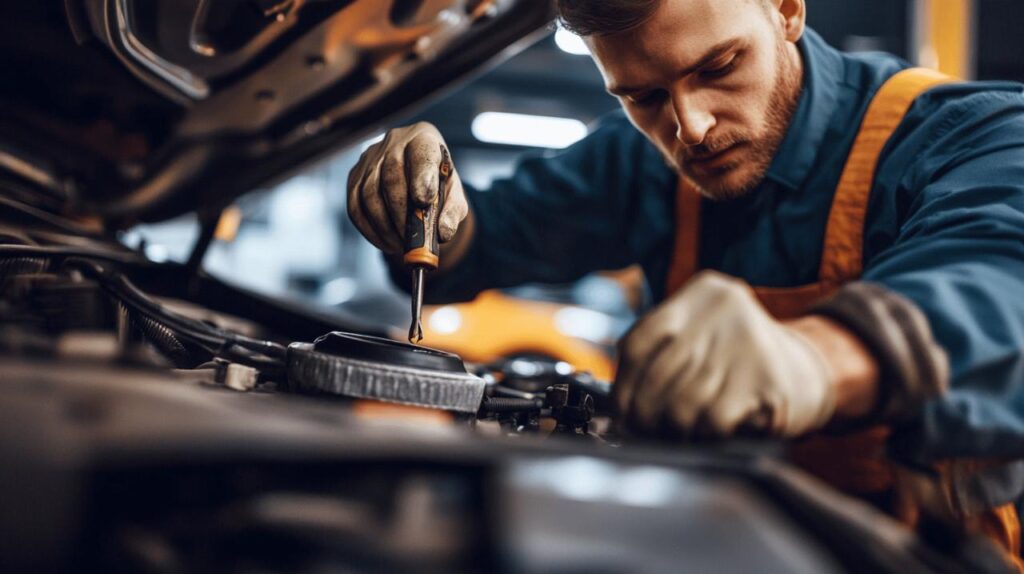Maintaining your vehicle regularly isn't just about keeping it looking spick and span – it's about ensuring safety, reliability, and preserving your car's value over time. With proper attention to detail and consistent servicing, you can avoid costly repairs and extend the lifespan of your automobile significantly. Let's explore the essential maintenance tasks that every car owner should prioritise.
Regular fluid checks and changes
The foundation of proper vehicle maintenance lies in managing the various fluids that keep your car running smoothly. According to recent surveys, a surprising 20.43% of drivers have never changed their engine oil, while only 15.13% have done so within the last three months. This neglect can have serious consequences for your vehicle's health and performance. Many reputable mechanics, including those at auto-service-gall.de, recommend establishing a regular schedule for fluid maintenance to prevent engine damage.
Engine oil: the lifeblood of your vehicle
Engine oil serves as the crucial lubricant that prevents friction between the moving metal parts in your engine. Experts suggest changing your oil approximately every 6,000 miles, though this may vary depending on your vehicle make and driving conditions. To check your oil level between changes, locate the dipstick, remove it, wipe it clean, reinsert it fully, then remove it again to read the level. The oil should appear amber and clear, not dark or gritty. Maintaining proper oil levels and quality prevents excessive engine wear and helps avoid costly repairs down the road.
Brake fluid, coolant, and transmission fluid maintenance
Beyond engine oil, several other vital fluids require regular attention. Brake fluid should be checked and changed at specific intervals to ensure your braking system works effectively when you need it most. Coolant prevents your engine from overheating and should be inspected before any long journeys. Low coolant levels can lead to engine overheating, potentially causing severe damage. Transmission fluid keeps your gears shifting smoothly, and neglecting it can result in jerky transitions and eventual transmission failure. Many drivers follow the FLOWER system for general maintenance checks: Fuel, Lights, Oil, Water, Electrics, and Rubber – a comprehensive approach to vehicle care that ensures no critical aspect is overlooked.
Tyre care and maintenance
 Your tyres represent the only point of contact between your vehicle and the road, making them critical to both safety and performance. Despite this importance, tyre maintenance is frequently neglected. Proper tyre care extends tread life, improves fuel efficiency, and ensures optimal handling in various weather conditions. The most common tyre size in the UK is 205/55R16, though you should always check your specific requirements on the tyre sidewall or in your vehicle manual.
Your tyres represent the only point of contact between your vehicle and the road, making them critical to both safety and performance. Despite this importance, tyre maintenance is frequently neglected. Proper tyre care extends tread life, improves fuel efficiency, and ensures optimal handling in various weather conditions. The most common tyre size in the UK is 205/55R16, though you should always check your specific requirements on the tyre sidewall or in your vehicle manual.
Proper inflation and rotation schedules
Maintaining correct tyre pressure is one of the simplest yet most effective maintenance tasks you can perform. Experts recommend checking tyre pressure every two weeks, as both underinflated and overinflated tyres can cause handling problems and accelerated wear patterns. Temperature changes can affect pressure significantly, so autumn and winter checks become especially important after November. Additionally, implementing a regular tyre rotation schedule helps distribute wear evenly across all four tyres, extending their useful life and saving money in the long run. Most mechanics suggest rotating tyres every 5,000 to 8,000 miles to prevent uneven wear patterns from developing.
Tread depth monitoring and replacement timing
Tyre tread depth directly impacts your vehicle's grip on the road, particularly in wet or slippery conditions. In the UK, the legal minimum tread depth is 1.6mm across the central three-quarters of the tyre. However, many safety experts recommend replacing tyres when they reach 3mm of tread to maintain optimal braking performance. To check your tread depth, you can use a proper gauge or the simple 20p coin test – if the outer band of the coin remains visible when inserted into the tread, your tyres likely need replacement. Remember that premium tyre brands like Michelin, Pirelli, Continental, Goodyear, and Bridgestone typically offer better performance and longevity than budget alternatives, though they come with a higher initial cost.


